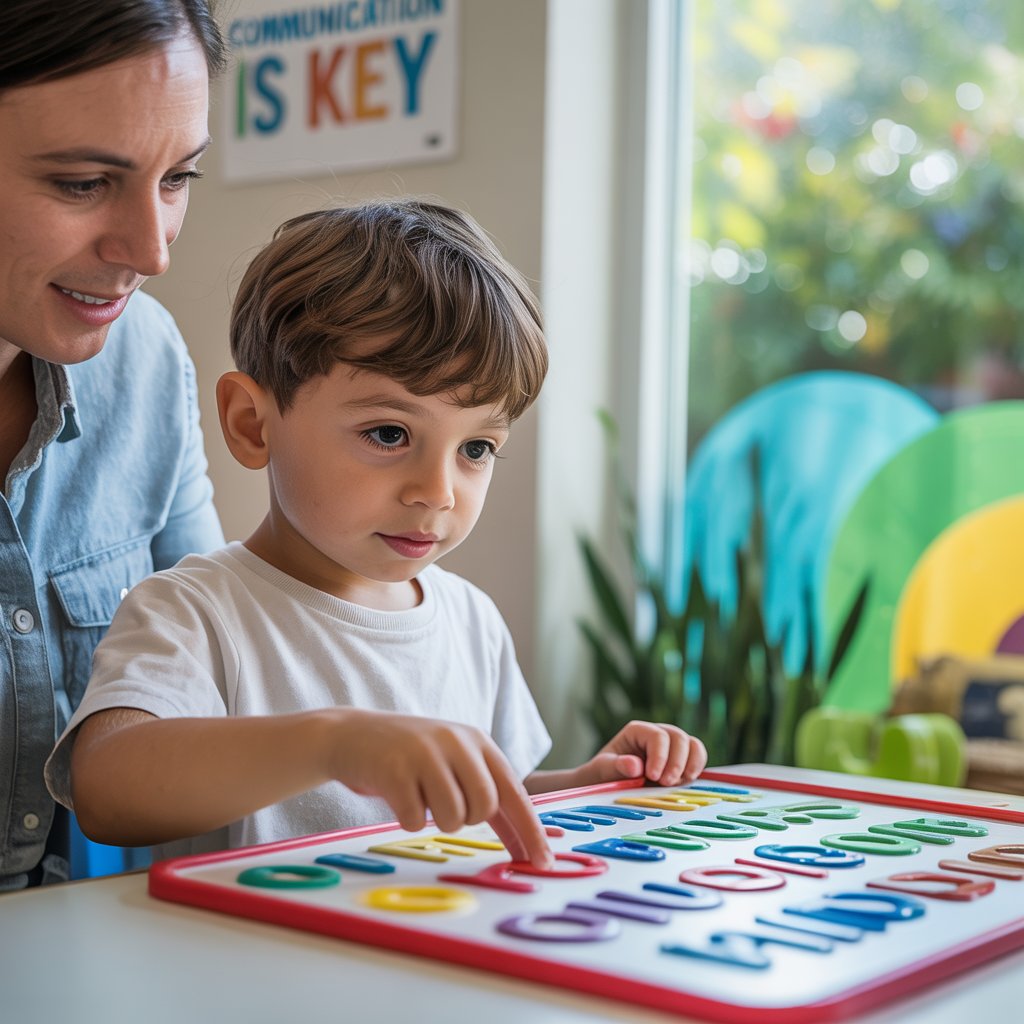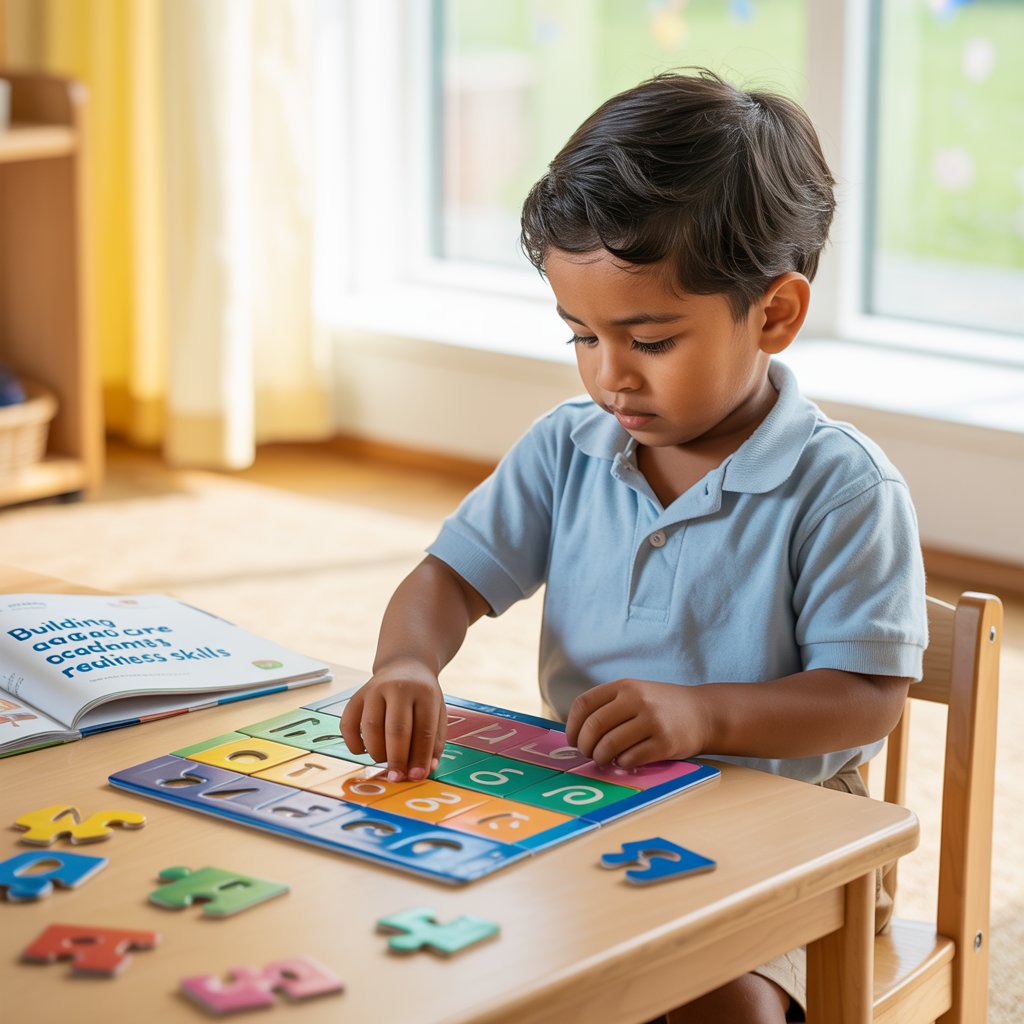When and How to Assess Fine Motor Skills in Autism

Professional evaluations for fine motor skills
Parents often wonder what exactly professionals look for when assessing fine motor skills in children with autism. Typically, pediatric occupational therapists, developmental pediatricians, and child psychologists conduct these evaluations using standardized tests.
These experts don't just watch your child stack blocks. They're analyzing how your child grips objects, manipulates small items, and coordinates hand movements. The Peabody Developmental Motor Scales and the Bruininks-Oseretsky Test are common assessment tools that break down skills into measurable components.
During an evaluation, professionals might ask your child to:
- Thread beads onto a string
- Use scissors to cut paper
- Copy shapes or letters
- Button or zip clothing
- Pick up small objects like coins or cereal
The goal isn't just identifying delays but understanding your child's unique pattern of strengths and challenges.
At-home observation techniques for parents
You don't need fancy equipment to spot fine motor difficulties at home. Watch how your child handles everyday tasks:
Does your kiddo struggle with utensils during mealtime? Have trouble turning pages in a book? Avoid activities requiring precise finger movements?
Keep a simple journal tracking activities your child gravitates toward versus those they avoid. This pattern-spotting becomes invaluable information for professionals.
Try setting up simple activities like:
- Coloring with crayons
- Playing with play-dough
- Picking up cheerios with fingers
- Stacking blocks
- Opening containers
Pay attention not just to whether your child completes these tasks, but how they approach them. Do they use unusual grips? Get frustrated quickly? Use both hands together effectively?
Your daily observations provide real-world context that standardized tests can't capture.

Tools and methods used by occupational therapists
OTs have an impressive toolkit for assessing fine motor skills in autistic children. Beyond formal evaluations, they use clinical observations in natural play settings where your child feels comfortable.
Some high-tech methods include:
- Computerized grip strength assessments
- Video analysis of hand movements
- Sensory processing evaluations (since sensory issues often affect motor skills)
But the real magic happens in their therapeutic assessment activities. OTs might use:
- Resistive putty tasks to measure finger strength
- Pegboards to assess precision
- Bead-stringing to evaluate eye-hand coordination
- Drawing tests to check pencil control
- Adaptive equipment trials to identify helpful tools
They're not just measuring performance – they're analyzing underlying issues like muscle tone, sensory processing, motor planning, and visual perception that might be affecting your child's skills.
Creating a baseline for measuring progress
Think of a baseline as your starting point – a snapshot of your child's current abilities before intervention begins.
Good baseline documentation captures:
- What your child can do independently
- What they can do with help
- What they currently can't do
- How long tasks take
- How frustrated they get during fine motor activities
Taking quick smartphone videos of your child doing specific tasks (like cutting with scissors or writing their name) provides concrete visual evidence that's invaluable for tracking progress.
This approach helps you spot even small improvements that might otherwise go unnoticed.
When to seek professional intervention
Wondering if it's time to call in the experts? Trust your gut. You know your child best.
Some clear signs it's time for professional help:
- Your child is significantly behind peers in self-care skills (dressing, eating)
- Handwriting difficulties are affecting school performance
- Frustration during fine motor tasks leads to meltdowns
- Your child completely avoids activities requiring hand skills
- Fine motor challenges limit your child's independence or social participation
Don't wait for school screenings if you're concerned. Early intervention makes a huge difference with fine motor skills.
Remember that occupational therapy doesn't require a formal autism diagnosis to begin – you can seek help for specific fine motor challenges even while on diagnostic waitlists.
Many insurance plans cover OT with a doctor's referral, and early intervention programs often provide services at reduced cost for children under three.







